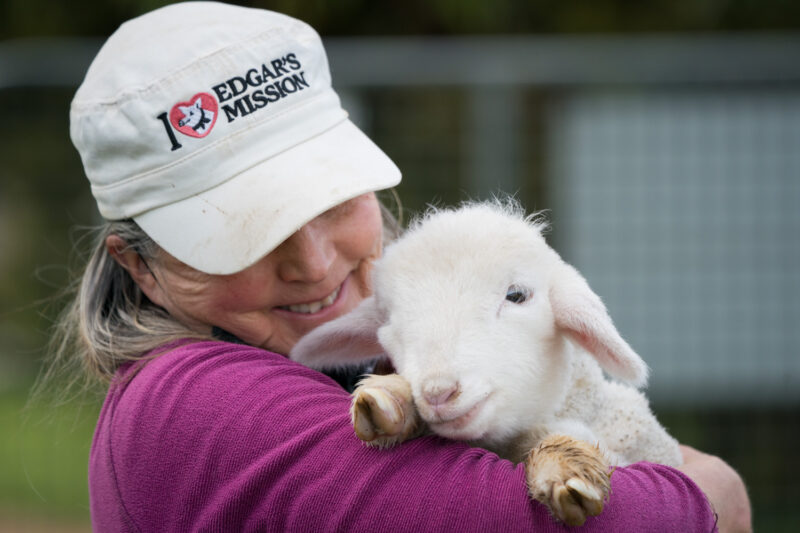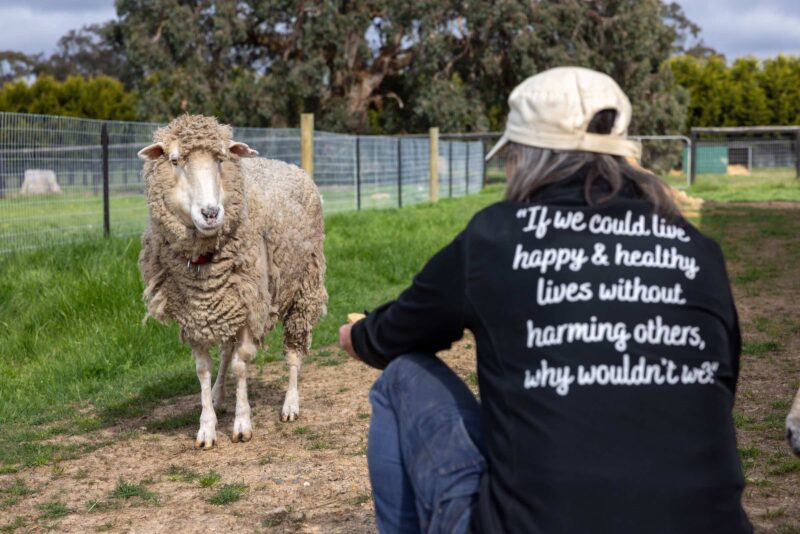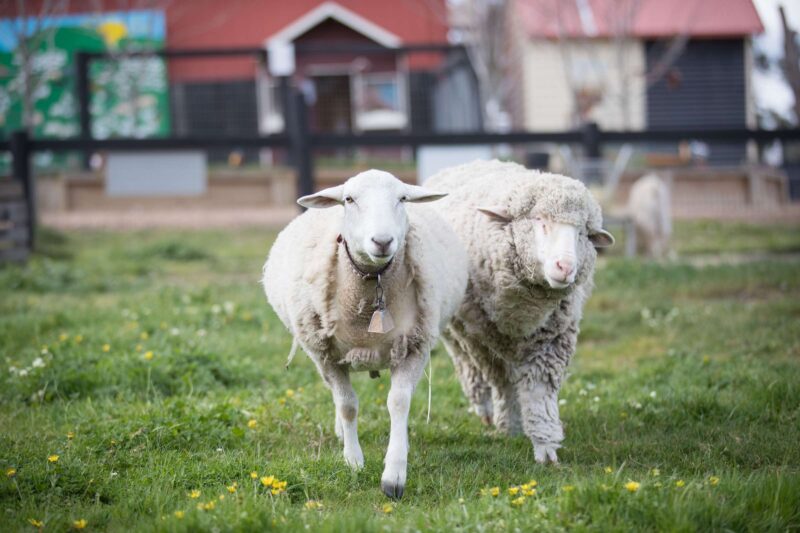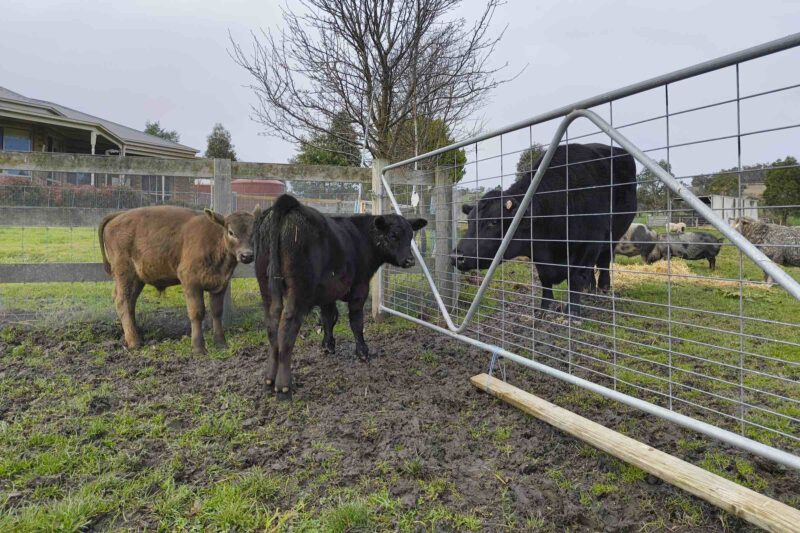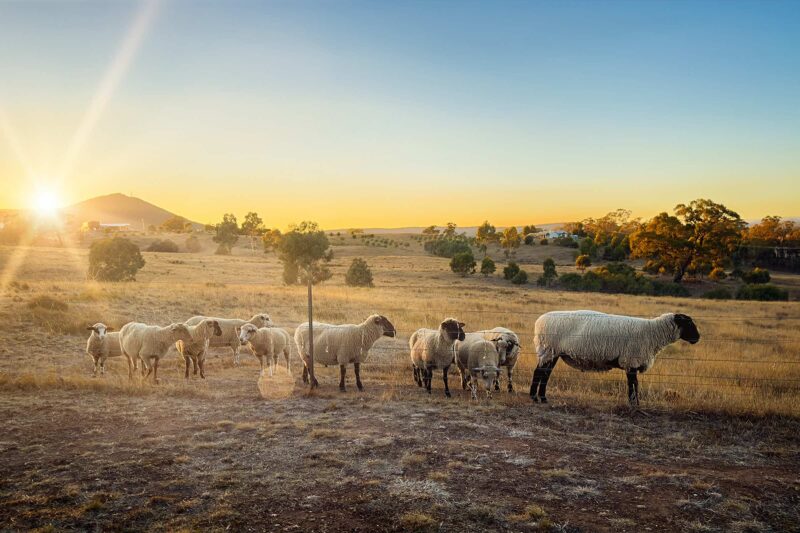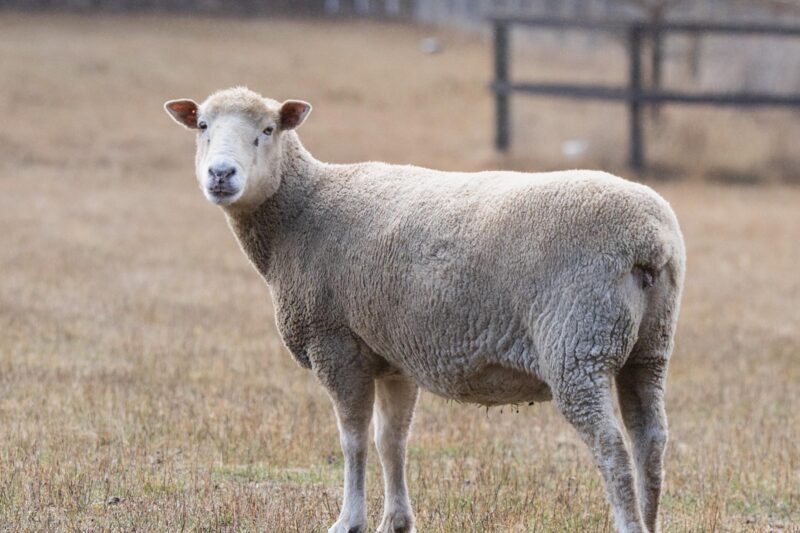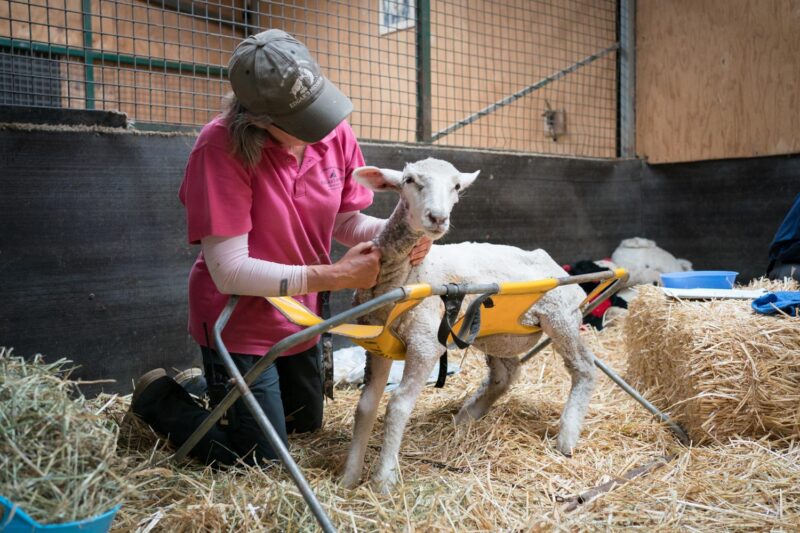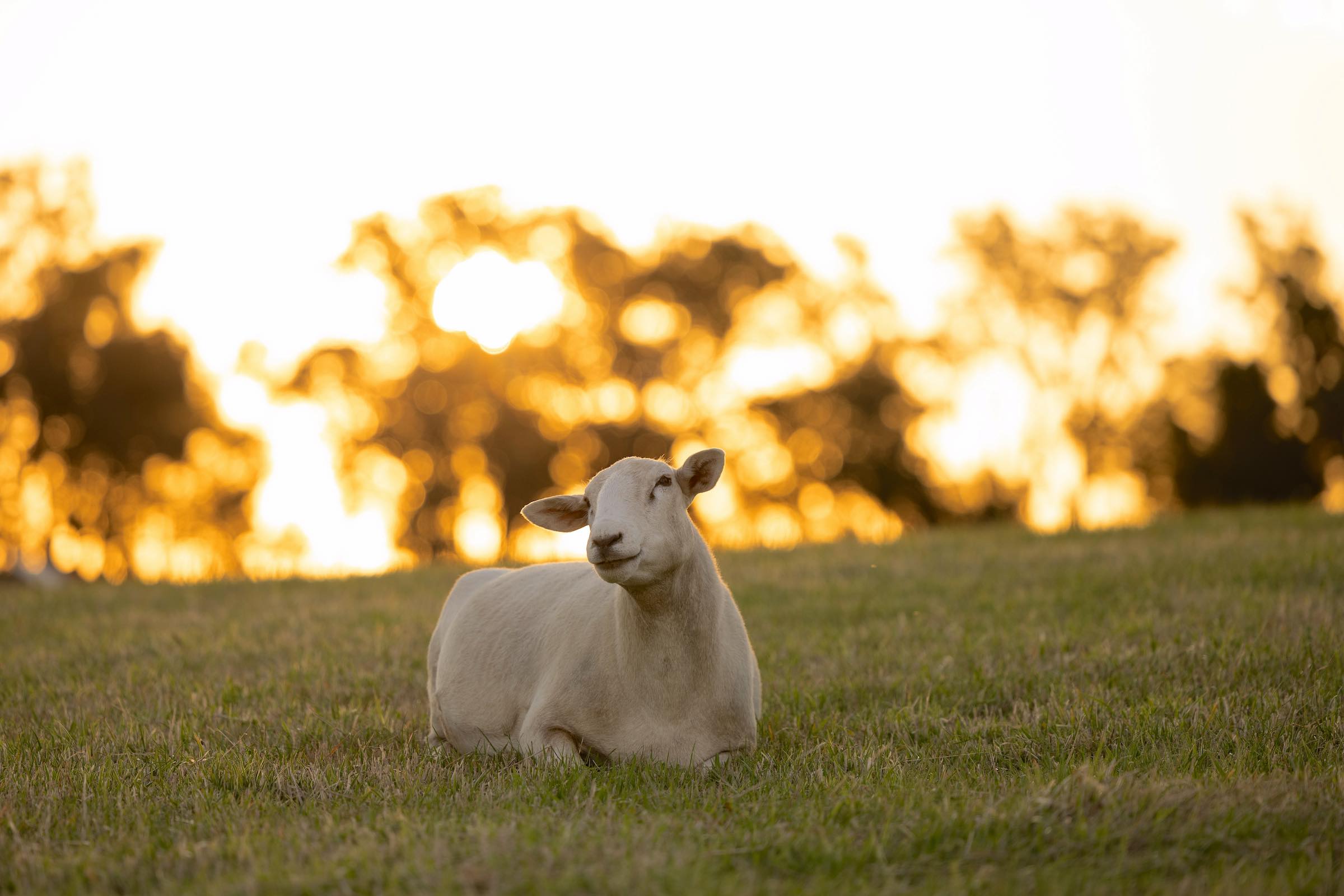
Traded
Yet even that fragile bargain is one we repeatedly fail to honour. In industry, one often hears the phrase: “You cannot have livestock without dead stock”. A catch cry that reduces sentient beings to commodities, and their suffering and death to collateral damage. It is a refrain I have heard many times when reporting cases of neglect, only to have the suffering dismissed.
Once, twelve freshly shorn sheep were found lifeless, huddled in the corner of a paddock that was their only refuge. But alas, it was as meagre as the weak animal protection laws that fail farmed animals time and again. Their bodies were stiff from the predicted exposure, yet no kindness had been offered.
Their gentle lives were traded for nothing more than indifference. If only this were an isolated case. But no, this is the pattern: lives traded with scant regard, exchanged for a few pieces of silver.
And the kind heart cannot help but ask: “What have we done?”
We humans have reshaped the lives of animals for our ends, not theirs. Chickens bred to grow so unnaturally fast their immature bones can barely hold them. Hens manipulated to lay hundreds of eggs from bodies that never should, where their wild kin would lay only a clutch in the spring to protect and raise them as nature intended.
Sheep are shorn not for comfort but because we have bred them to carry a burdensome fleece their wild Mouflon ancestors never did. Cows whose udders swell almost beyond capacity with milk meant for the babies they will never know.
And gentle pigs kept confined in filth, the only time they will see sunshine, smell fresh air and walk more than a few steps will be their last day—as they are trucked to slaughter.
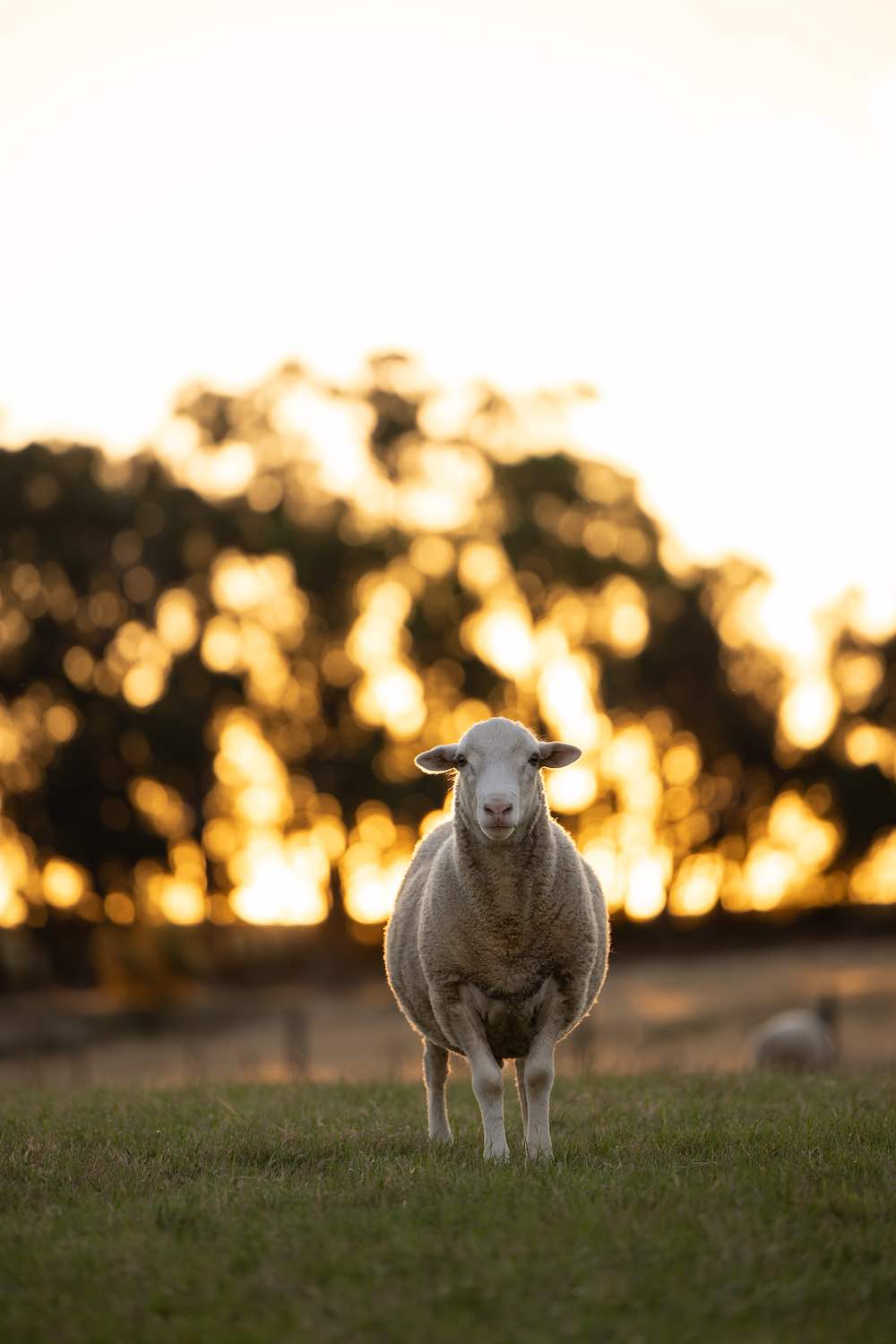
We console ourselves with the lie of “one bad day”, but their days are full of loss. Mothers are separated from their young. Friends are torn apart from their companions, though, as social beings, they grieve these absences we hardly notice, if at all. Brutal procedures are performed with no requirement for skill or pain relief. And in the rare moments when an animal resists—like the boar, who, after years of beatings, singled out his abuser and struck back with his tusk—some call this vengeance, but it is memory—the only language left to him.
Even so-called “kinder” systems, such as “free-range” and “organic”, cannot disguise the same short lives and brutal ends. These are labels that soothe our conscience but cannot wash away our complicity.
Edgar Alan Pig was a free-range pig, but I could no more have eaten him than I could my little dog, ET.
But what if it doesn’t have to be this way?
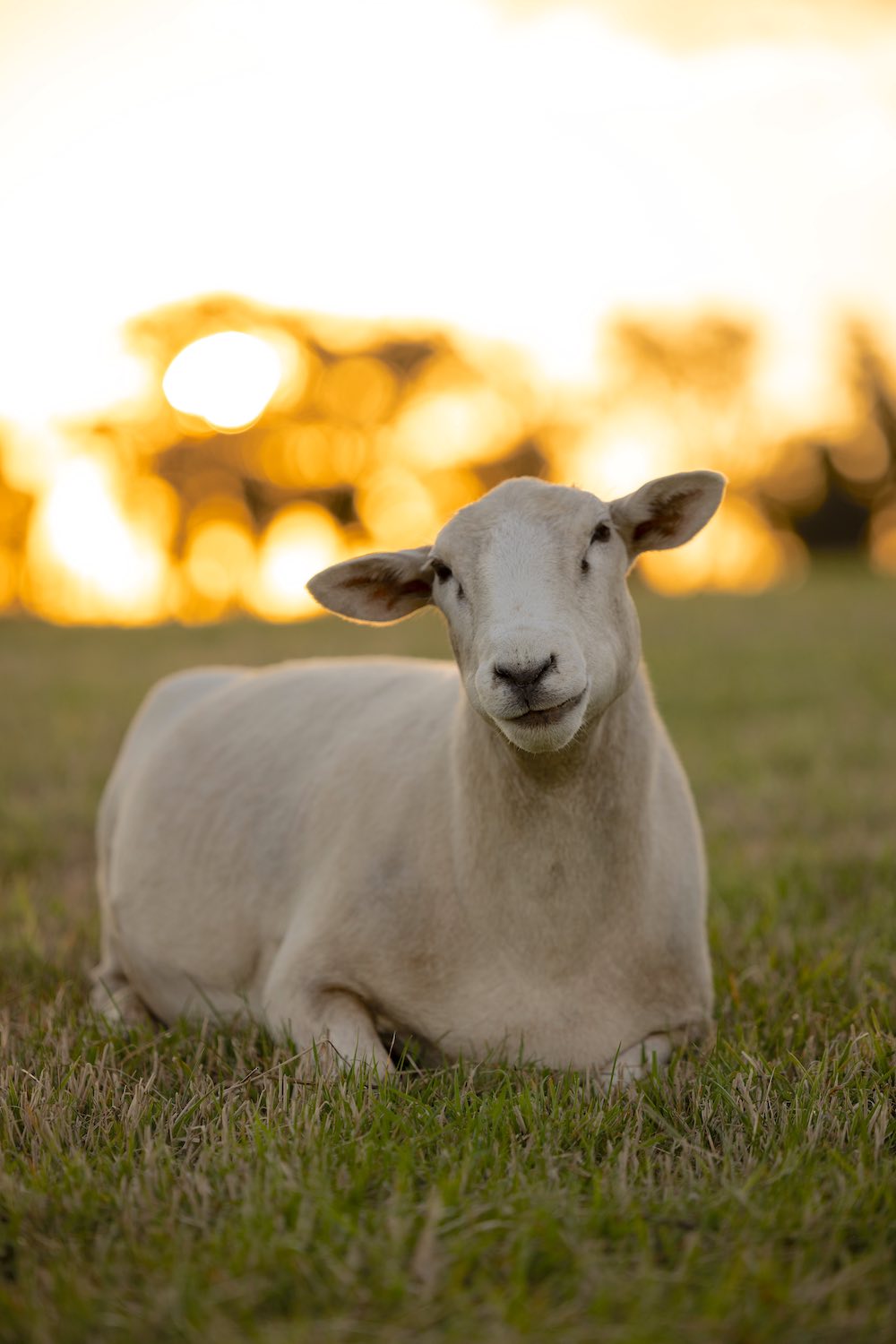
What if our forebears got it wrong? What if we were never meant to be the hurters and harmers we have become, but instead, the helpers and healers of this world?
For farmed animals are not units of production. They are unique individuals, as much as you and I, with their own histories, experiences and futures. They are so much more than we choose to see.
And in trading their lives, we have traded the best parts of ourselves. But standing here, on the cusp of change, we can choose differently.
Because this is a story that is not without hope: we can choose to trade cruelty for compassion, domination for dignity, and harm for hope.
And in choosing differently, we may yet reclaim what was lost—our very humanity.


